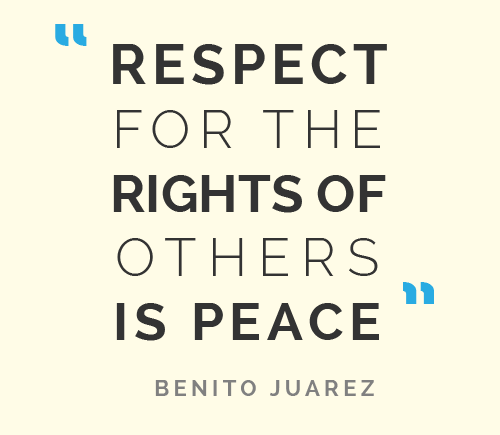Munch, Peter A. 1964. “Culture and Superculture in a Displaced Community: Tristan da Cunha.”Ethnology 3:369-376.
The first settlers on Tristan da Cunha in 1817 articulated the utopian ideals of the period: absolute equality, a complete absence of government, and the communal ownership of property. The first two utopian ideals persisted as cultural traditions throughout their history, even during the trying periods of the Second World War, when the British garrisoned the island, and the post-war period when numerous outsiders such as teachers, nurses, administrators, and chaplains moved in. In 1961, when a volcanic eruption threatened their community, they were removed to England, but they united for the first time the next year in order to convince the British government that they wanted to return to their island. Their determination to return, which was completed in 1963, demonstrated their commitment to their enduring values: anarchy, equality, non-violence, and the absence of aggression and self-assertion.
We appreciate the permission to copy this article for the Peaceful Societies Website granted by the family of the late Peter A. Munch and by the journal Ethnology. The article, in PDF format, is 32.4 KB in size.
